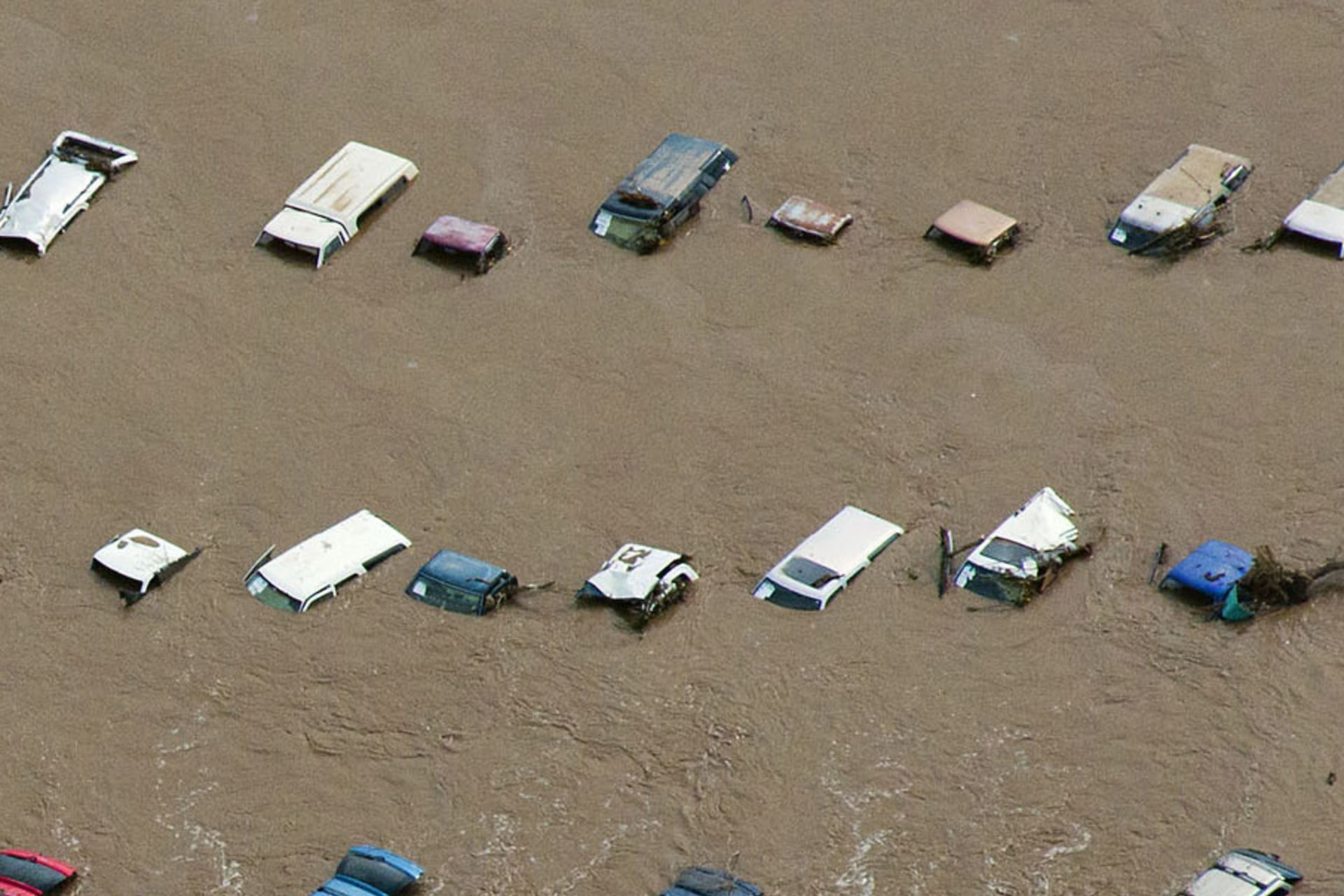The Group of Eight (G8) Industrialized Nations
Published
Updated
After more than three decades of existence, the Group of Eight (G8) is struggling to defend its relevance amid criticism of its limited membership and lack of a compliance mechanism.
This publication is now archived. For our most recent Backgrounder, please see The G7 and the Future of Multilateralism.
Introduction
The Group of Eight (G8) refers to the group of eight highly industrialized nations—France, Germany, Italy, the United Kingdom, Japan, the United States, Canada, and Russia—that hold an annual meeting to foster consensus on global issues like economic growth and crisis management, global security, energy, and terrorism. The forum enables presidents and prime ministers, as well as their finance and foreign ministers, to candidly discuss pressing international issues. Its small and static membership, however, excludes emerging powers from important talks concerning the global economy and international security, and as an informal grouping, states have little leverage over other members with which to secure compliance on agreements beyond imposing reputational costs.
Membership
When the group was formed in 1975, it was known as the G6, comprising France, West Germany, Italy, Japan, the United Kingdom, and the United States. The G6 was intended to provide major industrial powers of the noncommunist world a venue in which to address economic concerns, which at the time included inflation and the recession sparked by the oil crisis of the 1970s. Cold War politics invariably entered the group’s agenda.
Currently, the G8 comprises its six charter members, in addition to Canada, which joined in 1976, and Russia, which became a fully participating member by 1998. The EU is a “nonenumerated” ninth member; represented by the presidents of the European Council and European Commission, the EU participates as an equal. The aggregate GDP of G8 states makes up some 50 percent of the global economy.
While there are no formal criteria for membership, member states are expected to be democracies and have highly developed economies. The G8, unlike the United Nations, is not a formal institution, and there is no charter or secretariat. The presidency, a position responsible for planning ministerial meetings and the annual summit, rotates among the member states.
Policy proposals are hammered out at ministerial meetings that precede the annual summit. Finance ministers and central bank governors continue to meet as the G7 to discuss matters of international economics; this group comprises all the G8 states except Russia. All G8 states, however, participate in the foreign ministers’ meetings.
Russia and the G8
Russia formally joined the group in 1998, after steps toward democratization and years of gradual engagement with what was then the G7. With the Cold War over, several world leaders—particularly U.S. president Bill Clinton—encouraged Russia’s inclusion as a gesture toward Russian president Boris Yeltsin. Russia had neither a fully liberalized economy nor Western-style democracy, but G7 leaders hoped Russia’s inclusion would safeguard its democratic progress. Russia held the G8 presidency for the first time in 2006 and will once again assume the presidency in 2014, with the summit set to be held in Sochi, a Black Sea resort city that was host to the 2014 Winter Olympics.
Russia’s membership remains contentious. Since the G8 was intended as a forum for like-minded democracies, Russia’s backsliding toward authoritarianism has raised concerns among human rights advocates. The issue took on added significance in 2013 as Russia continued to support Syrian president Bashar al-Assad’s regime with arms, financing, and diplomatic clout at odds with the positions of other G8 members.
Moscow faced renewed criticism in March 2014 on the heels of its invasion of neighboring Ukraine’s Crimea region, the home of Russia’s Black Sea Fleet and many ethnic Russians, amid political transition in the capital of Kiev. The seven other members of the G8, joined by the presidents of the European Council and European Commission, released a joint statement as the G7 condemning “the Russian Federation’s clear violation of the sovereignty and territorial integrity of Ukraine.” Russia’s actions “contravene the principles and values on which the G7 and the G8 operate,” they said, announcing a suspension of preparatory talks for the Sochi summit. U.S. secretary of state John Kerry went a step further, saying that Russia “may not even remain in the G8 if this continues.”
Russia’s agenda for the 2014 summit includes “fighting the drug menace, combating terrorism and extremism, settling regional conflicts, safeguarding people’s health, and establishing a global management system to address risks associated with natural and man-made disasters.”
The G8’s Efficacy and Influence
The G8’s exclusiveness is the focus of much criticism, but its small size and the relative like-mindedness of its members is also the source of its efficacy. The value of the G8, says Harvard professor and former chair of the National Intelligence Council Joseph Nye, is that it “gets the bureaucracies to focus.” Likewise, CFR’s Stewart Patrick has written that the G8 functions as a “steering group for the ’West.’”
“The opportunity for unscripted, unfiltered, unmediated conversation amongst the world leaders at summits is something that routinely is mentioned as absolutely essential for potential breakthroughs, true understanding, and meeting of minds,” Patrick says.
Member states’ failure to deliver on ambitious commitments has been the subject of much criticism, but in recent years, external actors bringing attention to the problem of noncompliance have made accountability a critical part of the G8 agenda. “The G8—the governments themselves—have become increasingly aware of the cynicism that attends to G8 commitments and whether they’re actually delivered upon,” Patrick says, citing the importance of pressure from civil society. Cameron has made accountability a key part of this year’s agenda, particularly with respect to development assistance, and his office issued a report card in advance of the summit evaluating member states’ performance on prior commitments on international development.
Some have challenged the entire premise of the G8 on the basis of inefficacy—and irrelevance. “We are now living in a G-Zero world,” political risk analyst Ian Bremmer and economist Nouriel Roubini have written. With the United States, Europe, Japan, and various emerging markets all focused on domestic issues, Bremmer and Roubini observe a world “in which no single country or bloc of countries has the political and economic leverage—or the will—to drive a truly international agenda.” Far from the policy harmonization that is the ideal of the G8 and G20, they predict “intensified conflict on the international stage over vitally important issues, such as international macroeconomic coordination, financial regulatory reform, trade policy, and climate change.”
Reflecting on the financial crisis of 2007–2008, CFR Senior Fellow Robert Kahn notes, “If you look back a few years, that sense of urgency to act made it easier to find common cause, both at the G8 and the G20. A lot of progress was made.” As the sense of crisis has faded and governments continue to slash budgets, however, ambition and consensus at both forums have also diminished.
Rather than a “G-Zero” world, Kahn and Patrick both foresee a “G-x world”—“multi-multilateralism,” to borrow Francis Fukuyama’s terminology. States work in smaller or larger groupings, depending on where the will and capacity might be, with various groupings ideally working in parallel and reinforcing one another.
Criticism of the G8
Criticism of the G8 extends well beyond Russia’s membership. With the G8’s persistent focus on trade liberalization, summits are reliably targets of antiglobalization protests. Other critics argue that the exclusivity of the group results in a focus on the needs of industrial at the expense of developing countries.
Brookings’ Bruce D. Jones, Richard Gowan, and Emily O’Brien observe: “The persistence of the G8 has been cited as a stimulus for the BRICS (Brazil, Russia, India, China, and South Africa) countries to form an alternative caucus of their own.” However, CFR’s Patrick argues, “It’s not self-evident that the West’s decision to wind up the G8 would somehow persuade emerging powers to give up their own flexible coalitions of interest.”
The forum is seen by many as an anachronism that, by failing to reflect the views of vast emerging economies such as India, Brazil, China, South Korea, and Mexico, some of which have surpassed G8 members in GDP, has rendered itself irrelevant. Neither Africa nor Latin America is represented in the body, and Brazilian president Lula da Silva said in 2009 that the G8 “doesn’t have any reason to exist.”
Critics contend the G8 reflects an outdated, Western-centric view of the global distribution of power.
“The G8 no longer accommodates the world’s biggest or most dynamic economies; the G8 no longer accounts for all the world’s nuclear weapons; the G8 doesn’t speak for any particular identity or values—with Russia in the fold, it’s hardly a champion of democracy,” Time’s Ishaan Tharoor wrote in 2011. He is among the critics who believe that, like the UN Security Council, the G8 reflects an outdated, Western-centric view of the global distribution of power.
Expanding the G8
The absence of emerging markets in the G8—particularly China and India, given their economic heft—is notable. China and India belong to the G20, a forum of finance ministers and central bank governors focused on managing the global economy (heads of states began meeting during the financial crisis). The G20 includes nineteen of the world’s largest economies in addition to the European Union. Compared to such institutions as the G8 and the UN Security Council, the G20, which first met in 1999, is unique in “bringing together the established and emerging powers as peers” (PDF).
The G20, a Brookings report notes, “has eclipsed [the G8] as the primary forum for financial diplomacy” (PDF), a sentiment echoed by Obama, who called the G20 the “premier forum for global economic coordination.” It remains to be seen, however, whether the G20 can achieve similar success in the realm of security cooperation. Mexico hosted the first meeting of G20 foreign ministers in February 2012. While the informal meeting may set the stage for future security-related talks among the larger group, the United States is among the participants opposed to the G20 expanding its purview into diplomacy.
In 2005, British prime minister Tony Blair invited five leading emerging markets—Brazil, China, India, Mexico, and South Africa—to participate in the summit, but the “G8+5,” as it was called, was short-lived. “It began to be seen as patronizing and insulting that they weren’t actually there full-time,” Patrick says. While the number of participants in the G20 has ballooned, making it “very difficult to have a conversation, much less a meaningful, unscripted conversation,” Patrick suggests that a G13 might still be small enough to benefit from the intimacy that makes the G8 unique while bringing emerging markets into all-important discussions of global governance.
Stephanie Lee and Alexandra Silver contributed to this report.t
Colophon
Staff Writers
- Zachary Laub





